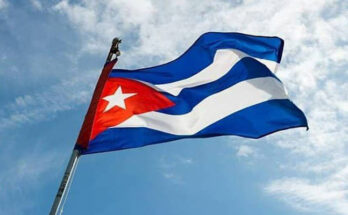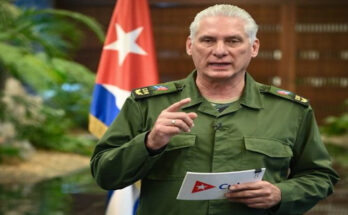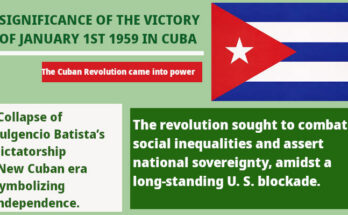On May 31, 1898, the United States squadron, led by Rear Admiral William T. Sampson, launched a decisive bombardment of the city of Santiago de Cuba, marking a crucial moment in the Spanish-Cuban-American War. This deliberate military intervention, an allegedly support to the Cuban Liberation Army to achieve independence, was intended to put an end to months of escalating tensions between the United States and Spain, as well as to pave the way for the US government to have the social, economic and political control of the island.
In the years preceding the war, Cuba had been a Spanish colony for nearly four centuries, with the island’s native population facing brutal suppression and exploitation at the hands of their colonial rulers. As the Cuban people began to demand greater autonomy and eventually independence, the Spanish government responded with brutal force, raising the need of Cubans to fight for their freedom and independence.
The United States, with its strategic interests in the region and a growing sense of its own global influence, had been monitoring the situation closely.
The subsequent naval blockade of Cuba, led by Admiral Sampson’s squadron, was designed to cripple the Spanish naval presence in the region, paving the way for a potential invasion by American ground forces.
The success of the bombardment was swift and decisive, with Spanish forces retreating in disarray and the Cuban Liberation Army, led by General Calixto García, advancing into the city. The subsequent surrender of Spanish forces on July 17, 1898, marked the effective end of Spanish colonialism in Cuba, with the subsequent creation of the ¨Republic¨ (In deed Neo-Republic) on May 20, 1902, under control of the US companies and political supervision.
The Spanish-Cuban-American War was a perfect US maneuver to open the door for further establishment of a neo-republic controlled by the United States government, both economically and politically. This war also marked a significant shift in American foreign policy, and a strengthening of the growing empire in the Caribbean and Latin America.




